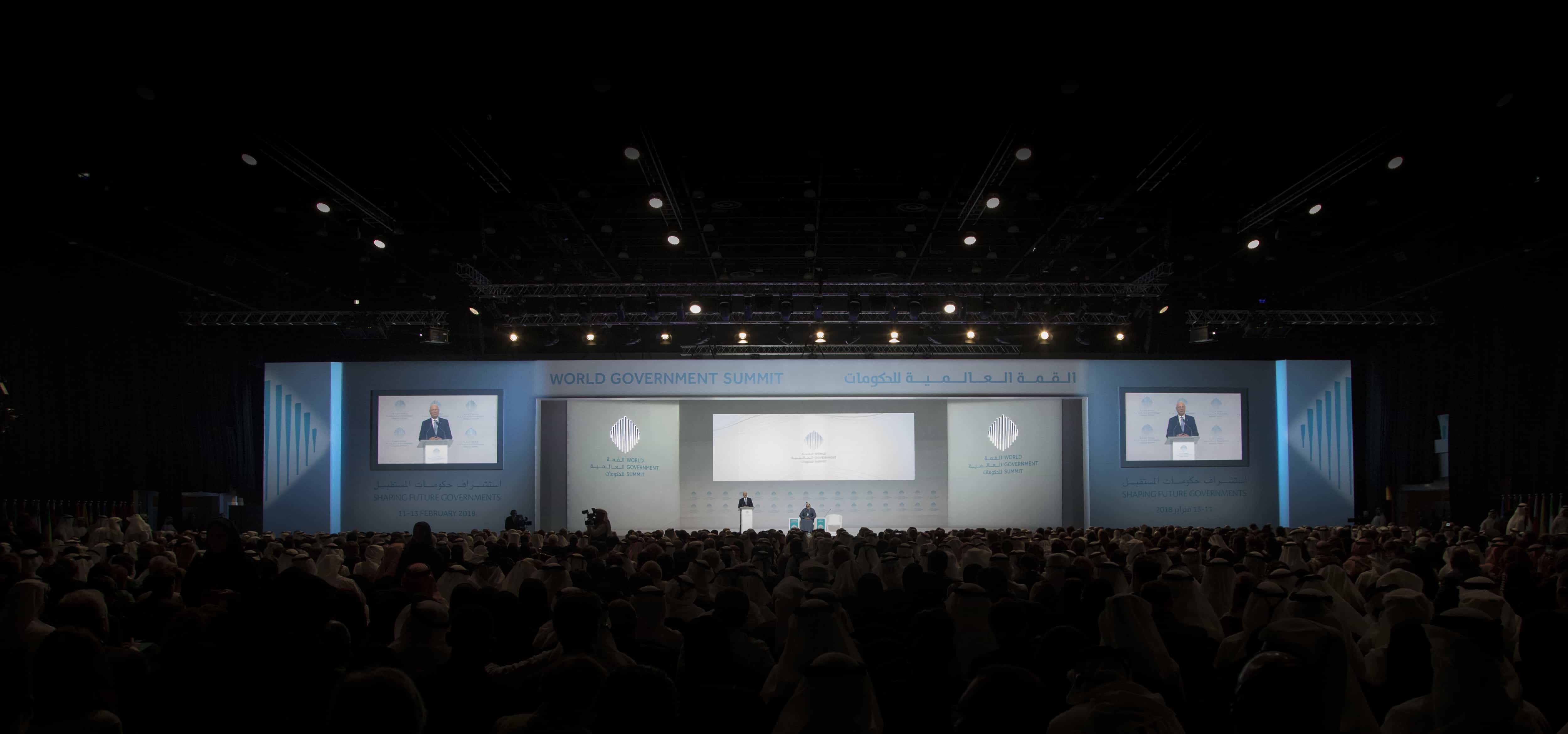
Ferid Belhaj took up the position of World Bank Group Vice President for Middle East and North Africa on July 1, 2018. Prior to this, Mr. Belhaj served 15 months as the Chief of Staff of the President of the World Bank Group. From 2012 to 2017, Mr. Belhaj was World Bank Director for the Middle East, in charge of World Bank work programs in Lebanon, Syria, Jordan, Iraq and Iran, based in Beirut, Lebanon. In this capacity, he led the Bank engagement on the Syrian refugee crisis and its impact on the region, including the creation of new financing instruments to help countries hosting forcibly displaced people; the ramping up of the Bank drive towards the reconstruction and recovery of Iraq during and after the ISIS invasion and the scaling up of the Bank's commitments to Lebanon and Jordan. Before taking up his Mashreq assignment, Mr. Belhaj served as World Bank Director for the Pacific Department (2009-2012), where he developed a regional strategy that scaled up Bank engagement in small and fragile states, and tripled lending operations of the International Development Agency, one of the five institutions under the umbrella of the World Bank Group that provides interest-free loans and grants for Low-Income Countries. From 2007 to 2010, Mr. Belhaj was the World Bank’s Special Representative to the United Nations in New York, where he engaged with various UN agencies on a range of programs, mainly climate change, the Millennium Development Goals, fragile and post-conflict states and the global financial and food crises. Ferid Belhaj served as World Bank Country Manager for Morocco (2002-2007), where he developed a new and multifaceted dialogue with one of the best performing Middle-Income countries.
A Tunisian national, Mr. Belhaj joined the Bank in 1996 as Senior Counsel in the Legal Department, managing a number of legal and judicial reform projects. He also served as Bank Counsel for countries, including Egypt, Morocco, Iran, Algeria and Thailand.
A law
Sessions
Technological, economic, and social changes are challenging the traditional employer-employee relationship model, with significant impacts for workers and the social protection systems built on conventional employment models. Self-employment and the notion of a “portfolio of incomes” - already prevalent in low and middle-income countries - rather than just one, formal, full-time job for life, is increasingly becoming the “new normal” for many people in developed countries. This panel will consider how governments can reshape their governance frameworks to balance the benefits of increased flexibility in their workforces, while ensuring workers continue to enjoy social protections.
What is the new approach for regional development with the backdrop of the 4IR, technological change, increasing geopolitical risks, and the role of private sector and non-state actors. How to increase cooperation across regional banks towards the implementation of the sustainable development goals. This high level panel will discuss the evolving role of regional development banks.